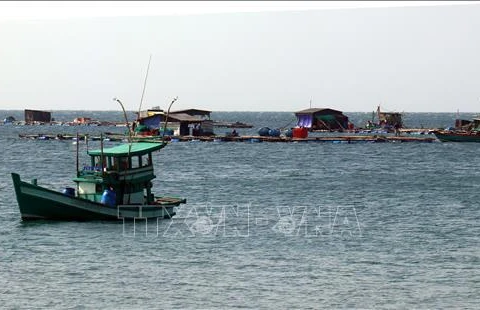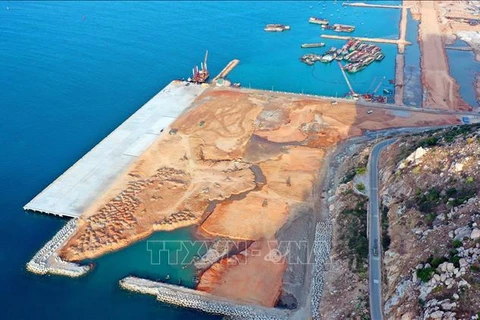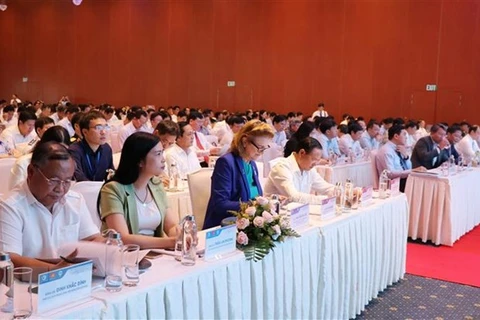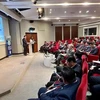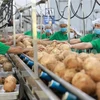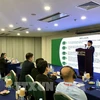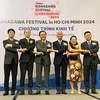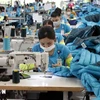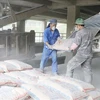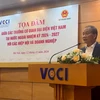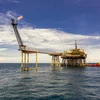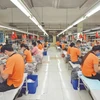Hanoi (VNA) - Seven maritime economic clusters will be formed by 2030, serving to turn Vietnam into a strong marine country.
The information was included in Decision 892/QD-TTg recently signed by Deputy Prime Minister Le Van Thanh, approving a project on the development of marine economic clusters associated with building strong sea-based economic centres by 2030.
The project aims to build seven marine economic clusters in the next ten years in advantageous coastal areas and develop three to four leading maritime economic centres in the Southeast Asian region.
The clusters will prioritise services, products with added value, attract large-scale enterprises and high-tech projects to contribute to green growth, and protect the marine ecological environment as well as the marine economy.
These clusters will also contribute to consolidating and strengthening national defence and security in the sea and islands.
Notably, developing sea and island tourism is one of the priorities for effectively exploiting the potential and strengths of tourism resources in each region and the entire coast of Vietnam.
In particular, the project stresses the importance of the development of the tourism economy with eco-tourism and leisure centres, complexes and sea and island resorts that meet international standards in clusters in the central region, the southwestern coastal area (Kien Giang - Ca Mau) and other areas with suitable conditions./.


